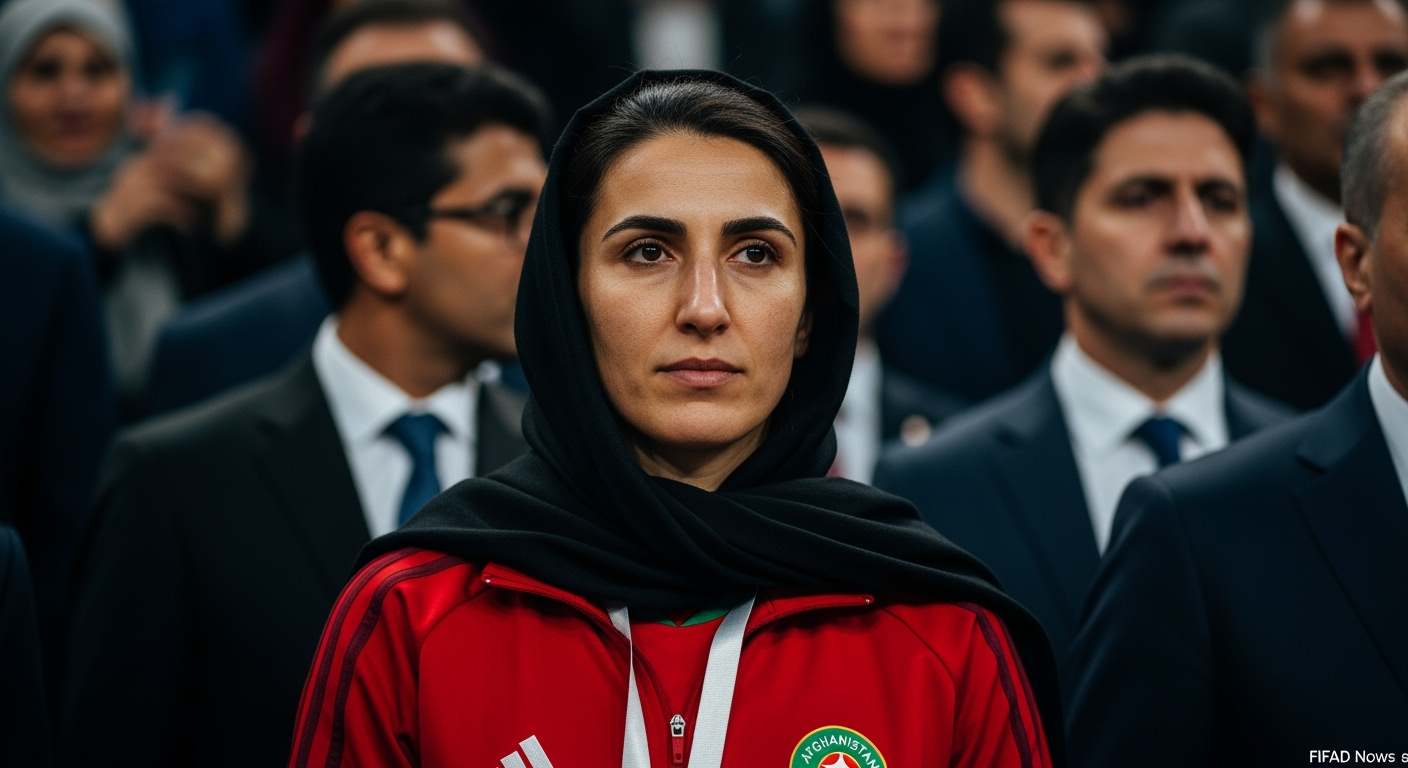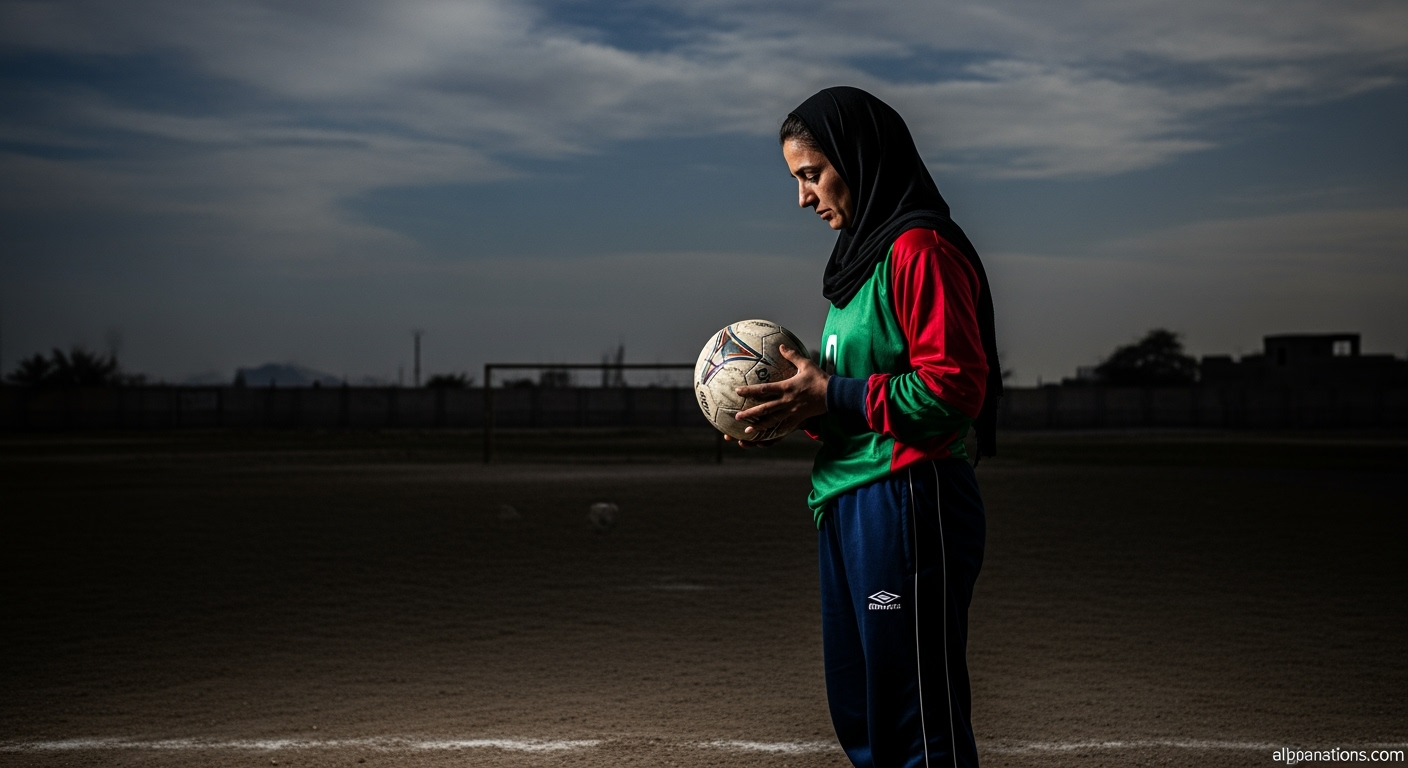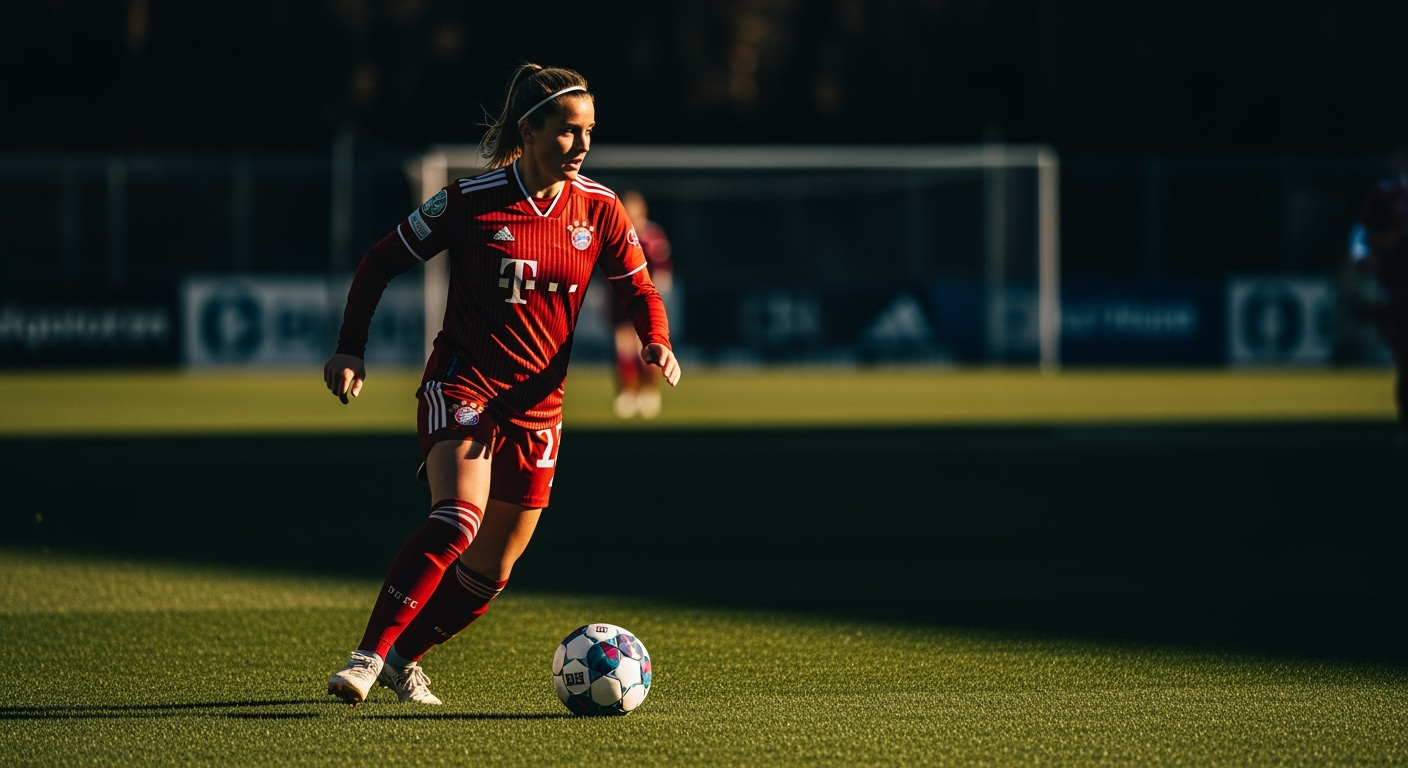Related Articles

Afghan Women's Football Team Forges Historic Path Back to International Arena After Years of Exile




Munich, Germany – In an era marked by an unprecedented surge in interest and investment in women's football, FC Bayern Munich's women's team finds itself at a crucial juncture, navigating the delicate balance between domestic dominance and the increasingly competitive landscape of European club football. Fresh off a triumphant 2024-25 season that saw them clinch a historic domestic double – the Frauen-Bundesliga title and the DFB Cup – alongside the DFB-Supercup, the Bavarian giants are undeniably a force within Germany. However, as European rivals pour significant resources into their women's programs, the pertinent question looms: Is Bayern Munich doing enough to not just keep pace, but to ultimately establish itself as the continent's undisputed leader?
The club's commitment to its women's section has yielded tangible results, highlighted by a monumental shift in fan engagement. On September 6, 2025, FC Bayern Women shattered the German women's football attendance record, drawing an astounding 57,762 spectators to the Allianz Arena for their Bundesliga opener against Bayer 04 Leverkusen. This figure dwarfed the previous Bundesliga record of 38,365 and more than doubled Bayern's own club record of 24,000 set during a 2022 Champions League clash against Barcelona. This remarkable turnout, described by Bayern Women's sporting director Bianca Rech as a "clear sign of how much interest and enthusiasm for women's football has grown in Germany," underscores a significant positive trajectory for the club and the sport nationally.
FC Bayern Women has cultivated a strong winning culture, securing multiple Frauen-Bundesliga titles, including consecutive triumphs in the 2022-23, 2023-24, and 2024-25 seasons. Their recent success also includes their second DFB-Pokal victory in the 2024-25 season, marking their first double, and the DFB-Supercup. This consistent domestic performance firmly establishes them at the pinnacle of German women's football, a league experiencing a significant rise in popularity, with overall attendance increasing by 277% compared to the 2021-22 season.
However, the UEFA Women's Champions League presents a different challenge. While Bayern has been a consistent participant since the 2015-16 season, reaching the semi-finals in 2018-19 and 2020-21, and the quarter-finals in the 2024-25 campaign, European glory has remained elusive. Their journey often brings them into direct competition with established powerhouses like Olympique Lyonnais and FC Barcelona, teams that have historically commanded greater resources. For instance, in 2019, Chelsea and Barcelona reportedly operated with budgets of €7 million and €8 million respectively for their women's teams, significantly higher than the average €2 million budget for most Bundesliga clubs at the time. While Bayern did manage a 3-1 victory over Barcelona in the 2022-23 Champions League group stage in front of a record crowd, they fell short in the 2018-19 semi-finals against the Catalan side, losing both legs 1-0. The club acknowledges the immense challenge, with the Champions League described as a major hurdle.
A key indicator of Bayern Munich's long-term commitment is its investment in infrastructure and youth development. As of January 2025, the women's football area of the FC Bayern Campus is designated as one of the newly established DFB Women's Performance Centres. This status is a testament to the club's robust talent development program and the "very good conditions" it offers players. To maintain this prestigious designation, Bayern must adhere to stringent DFB requirements across various domains, including sport and football training, environment management, overall management, infrastructure, and personnel, ensuring qualified coaches, sports psychologists, and comprehensive support systems.
Beyond elite development, Bayern Munich actively engages in grassroots initiatives. The club supports the "Girls on the Ball" project, which aims to inspire young girls to participate in football and instills values like team spirit and discipline. Bayern's U20 players even mentor these aspiring young footballers in joint training sessions, providing role models and fostering personal development. These programs are vital for nurturing future talent and expanding the player base within Germany, which is seeing a general increase in female club football participation.
In the dynamic world of football, player recruitment and retention are critical. Bayern Munich has been active in the transfer market, securing talents like Arianna Caruso, Stine Ballisager Pedersen, Vanessa Gilles, Barbara Dunst, Edna Imade, and goalkeeper Anna Klink. The club also successfully extended the contract of defender Giulia Gwinn. However, the global rise of women's football has intensified competition for top players. The departure of key players, such as Sydney Lohmann to Manchester City (W), highlights the challenges German clubs face when competing with financially powerful leagues like the Women's Super League in England. Historically, Bayern has also seen quality players like Sara Däbritz and Melanie Leupolz move to other European leagues.
Commercially, Bayern Munich is actively seeking to enhance the professionalization of its women's team through strategic partnerships. Collaborations with companies like Ehrmann, a leading German dairy, and Allianz, which has extended its partnership with FC Bayern and now offers financial coaching to young female athletes, demonstrate a concerted effort to grow revenue streams and support player welfare. These partnerships not only provide financial backing but also align with the club's broader social objectives, emphasizing the importance of sport and empowering young women. The club also engages in international marketing efforts, such as the women's team participating in tournaments in the U.S. to expand their fanbase and commercial reach.
FC Bayern Munich's women's team has achieved remarkable success domestically and has shown significant progress in fan engagement and infrastructure development. The record attendance at the Allianz Arena is a powerful statement about the growing appeal of women's football and Bayern's role within it. The club's commitment to youth development through initiatives like the DFB Women's Performance Centre at the Bayern Campus also lays a strong foundation for future talent.
However, the global landscape of women's football is evolving rapidly, with considerable financial investment from clubs in other major European leagues. While Bayern's strategic efforts in commercial partnerships and talent acquisition are commendable, the continuous pursuit of European dominance will necessitate sustained and potentially increased investment to compete with clubs that can offer highly attractive packages to the world's elite players. The challenge for Bayern Munich is not merely to maintain its status, but to consistently innovate and invest to ensure it remains at the forefront of the sport's global ascent. Their proactive steps suggest a club determined to not only keep up, but to shape the future of women's football.